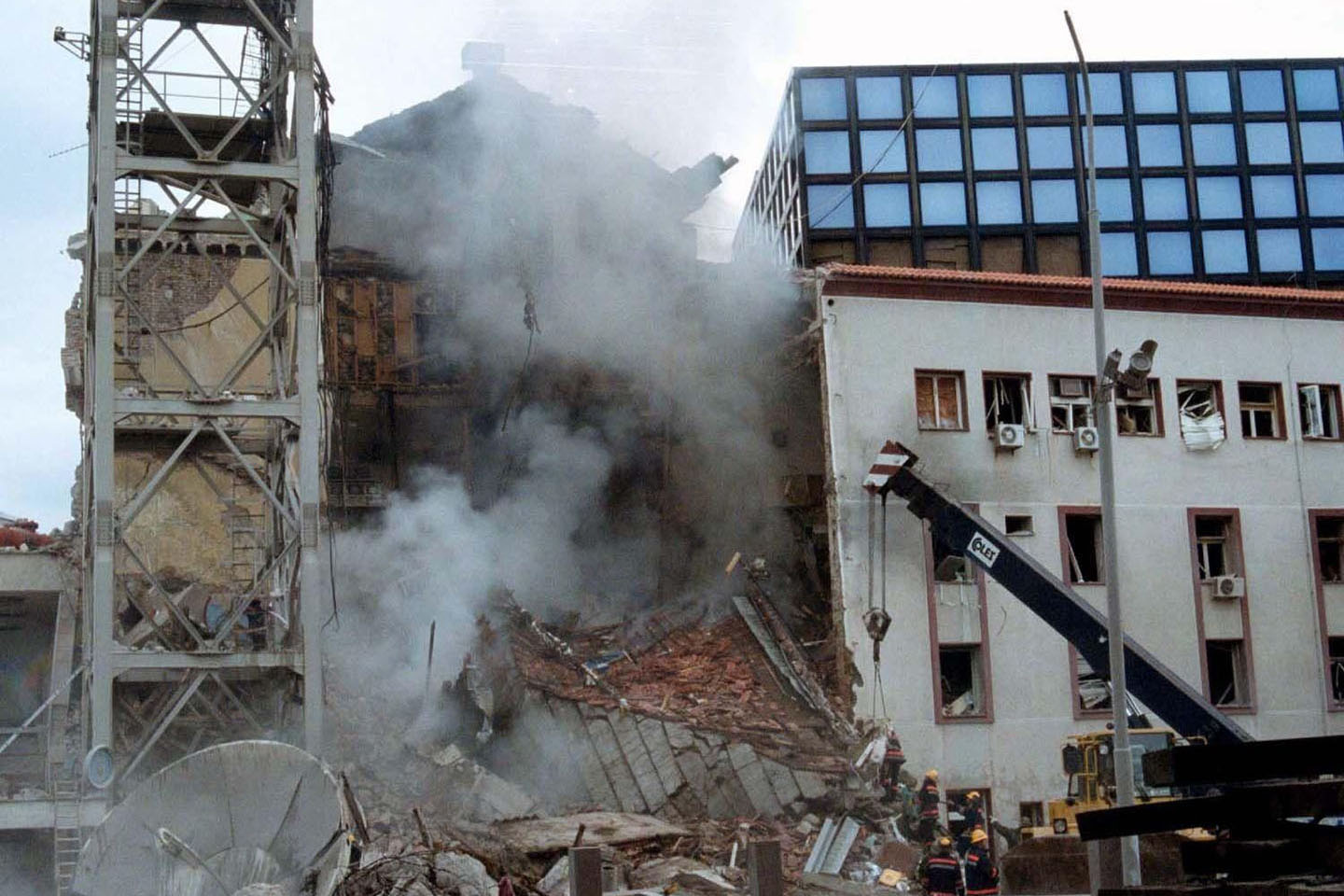Architecture of Balkanisation
Srdjan Jovanovic Weiss
Past

This practice-based dissertation is composed of four distinct segments of inquiry that provide an opportunity to formulate a comprehensive theory of Balkanisation. Its theoretical framework explores the phenomena of political self-regulation that evolves out of a landscape of political fragmentation, which in turn leads to new forms of inhabitation.
One of the key concepts developed sin the Architecture of Balkanisation is that of a network of common distinctions. The discourse of Balkanisation exemplified by modes of political self-regulation is traced through spatial practices of territorial fragmentation that are shaped by larger systems against which they tend to be defined. The phenomenon of Balkanisation is thus investigated as the interplay between centrifugal and centripetal forces -- the relationship between autonomous actions and centralized control.
Three established discourses: Historical, Imaginary, and Metaphoric Balkanisation provide the fundamental points of departure for this inquiry. The main body of the thesis explores the Architecture of Balkanisation as it becomes an increasingly strategic force in the reorganization of territory. This strategic force largely relies upon architecture and urbanism. The practice-based dimensions of the dissertation are structured around the central idea that emergent spatial strategies have gradually replaced the ideological and political strategies of Balkanisation. In charting how new forms of spatial strategies act as processes of Balkanisation, the research reflects upon both the new typologies of design emerging out of the former Yugoslavia and the accumulation of their effects. Among those effects are the development of architecture alongside urbanization that are not simply refractions of historic tropes, but new spatial configurations that produce knowledge through their specific organizational and operational practices as well the forces of neglect operative in a multi-national space. These explorations, which are gathered to form the concept—Architecture of Balkanisation—constitute a kind of productive “anti-particle” to the widespread negative connotations of Balkanisation.
Three established discourses: Historical, Imaginary, and Metaphoric Balkanisation provide the fundamental points of departure for this inquiry. The main body of the thesis explores the Architecture of Balkanisation as it becomes an increasingly strategic force in the reorganization of territory. This strategic force largely relies upon architecture and urbanism. The practice-based dimensions of the dissertation are structured around the central idea that emergent spatial strategies have gradually replaced the ideological and political strategies of Balkanisation. In charting how new forms of spatial strategies act as processes of Balkanisation, the research reflects upon both the new typologies of design emerging out of the former Yugoslavia and the accumulation of their effects. Among those effects are the development of architecture alongside urbanization that are not simply refractions of historic tropes, but new spatial configurations that produce knowledge through their specific organizational and operational practices as well the forces of neglect operative in a multi-national space. These explorations, which are gathered to form the concept—Architecture of Balkanisation—constitute a kind of productive “anti-particle” to the widespread negative connotations of Balkanisation.